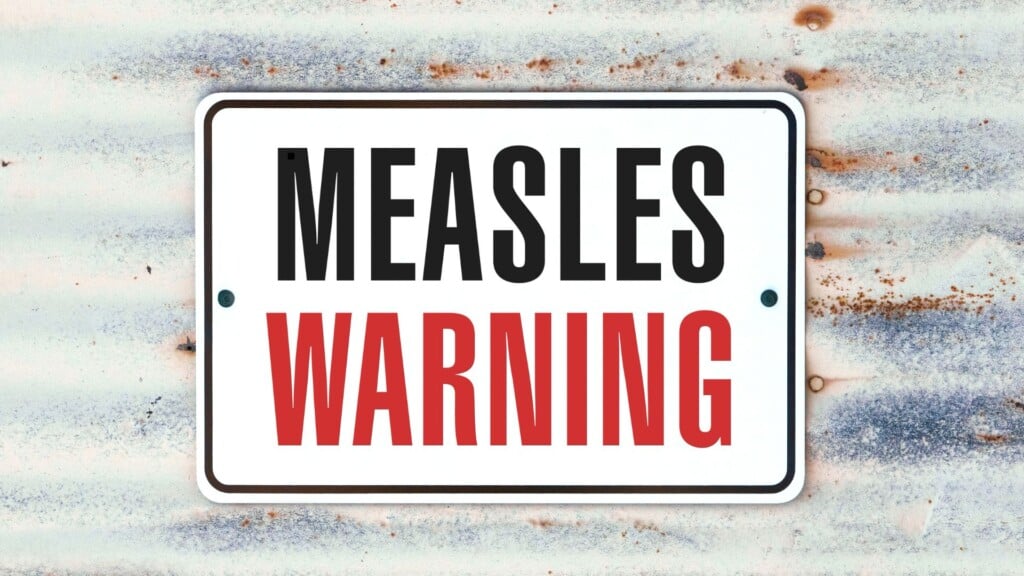‘Unacceptable’: Nebraska Hospital Association speaks out about Medicare Advantage plans
LINCOLN, Neb. (KLKN) — A new struggle is being thrown at Nebraska hospitals, involving the future of Medicare.
The Nebraska Hospital Association said the Medicare Advantage Plan covers more people, but those that are enrolled may have to pay more.
A Medicare Advantage plan includes part A and part B benefits and often Part D coverage, offering a bundled alternative to original Medicare.
“It’s also important for Nebraska seniors to understand that not all Nebraska hospitals and clinics or healthcare providers do not contract with Medicare advantage plans,” said Jeremy Nordquist, the president of the Nebraska Hospital Association.
According to a survey of more than 90 hospitals, a majority said they’re struggling with payment delays, prior authorizations and denials from Medicare Advantage plans.
“These delays impact the patient care, it keeps them separate from their families and increases the overall healthcare cost in our system,” Nordquist said.
Officials said patient access and the financial stability of many rural hospitals in the state is on the line.
Many rural hospitals already face tight budgets and limited staff.
“These plans, Medicare advantage plans, also place substantial burdens on our doctors and nurses who must spend hours a week on the phone with insurers,” Nordquist said.
More than half of all Medicare-eligible Americans now have Advantage plans and that number is expected to grow to nearly two-thirds by 2034.
Hospital leaders said without change, the strain could jeopardize access to care for patients statewide.
“We are small but mighty 21 bed critical access hospital in a town of 1000 people,” said Laura Gamble, CEO of Pender Community Hospital. “And more than ever patients are wanting to get their care locally from people they know and trust.”
As the number of Medicare enrollees continue to rise, health leaders said the time for action is now.
“The bottom line is the way Medicare advantage plans restrict and deny patient care is unacceptable,” Nordquist said. “It puts our doctors, nurses and our hospitals on an unsustainable path.”



